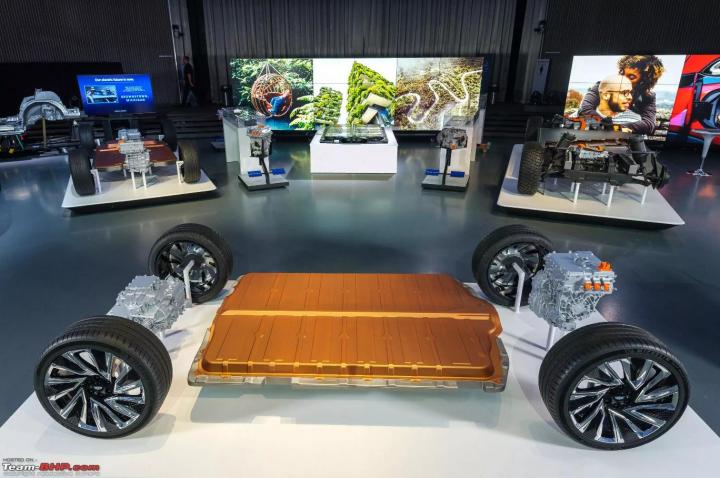News
EV battery costs break US$ 100/kWh mark for the first time
The average battery cost could hover in the US$ 100/kWh range by the year 2023. This would enable some EVs to be priced at par of their petrol-powered counterparts.
Electric vehicle battery pack prices have fallen from Rs. 81,000/kWh (US$ 1,100) back in 2010 to Rs. 7,360/kWh (US$ 100) towards the end of 2020. The first batteries to break this threshold price were for e-buses in China.
While not all battery packs are available at this price point, the milestone signifies a significant reduction in the price of the single largest component of an electric vehicle. According to the BloombergNEF's battery survey, the average battery cost could hover in the US$ 100/kWh range by the year 2023. This would enable some EVs to be priced at par with their petrol-powered counterparts. On an average, the battery pack accounts for 21% of the total price of the vehicle. Currently, the average battery pack prices hover around the US$ 137/kWh price point.
Compared to 2019, battery prices fell by 13%. Some of the factors for the lower prices are higher order sizes, growth in EV sales and new design battery packs. Further, prices of the cathode material have fallen from a peak in 2018 to a much more stable level in 2020. Battery manufacturers are also able to achieve gross margins of upto 20% and a higher utilization rate of 85%.
Solid state battery technology could also be leveraged to further reduce battery costs. It is said that such cells could be manufactured at a 40% lower cost compared to the current lithium-ion technology.



















